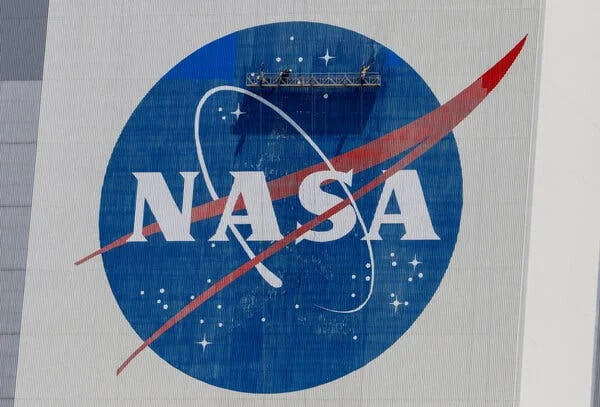
Trump’s Proposed NASA Budget Cuts: A Blow to Space Science or a Boost for Mars?
The Trump administration's proposal to slash NASA's budget by a staggering 24%, from $24.8 billion to $18.8 billion, has sparked heated debate. While some cuts target programs deemed redundant, the most controversial aspect involves a drastic reduction to the Space Science Directorate, raising concerns about the future of American space exploration and leadership.
The proposed budget allots $1 billion for Mars-focused initiatives, aligning with Elon Musk's vision of landing humans on the red planet. However, this shift comes at the expense of established scientific endeavors. The Space Science Directorate, responsible for the vast majority of NASA's landmark achievements over the past half-century, faces a drastic 48% budget cut, plummeting from $7.3 billion to $3.8 billion. This would lead to the abandonment of vital missions like the Curiosity rover, the Hubble Space Telescope, and the Voyager and New Horizon interstellar probes.
One of the most significant casualties would be the Roman Space Telescope, a $4 billion project nearing completion. Operations for the Webb Space Telescope, which recently detected a potential biosignature on an exoplanet, would also be significantly curtailed. 
Dr. Robert Zubrin, president of the Mars Society, argues that cutting the space science program is a "crime against science and civilization." He highlights NASA's historical role in attracting top scientific talent to the US and driving innovation. The focus on Earth observation satellites has also been criticized by Trump’s allies, falsely claiming that this is a tool for left-wing climate alarmists. Zubrin says that NASA’s Earth scientists have documented accelerated global rates of plant growth due to carbon dioxide emissions by nearly 20% since 1985.
The administration defends the cuts by suggesting that SpaceX will fill the void with its own Mars missions. However, concerns are rising that Musk's increasingly partisan stance could jeopardize the long-term viability of a human Mars program. Some analysts view it as a thinly veiled attempt to shift resources towards Musk's company, SpaceX, which already holds significant government contracts. A controversial "Golden Dome" missile shield project, reminiscent of the Cold War-era "Star Wars" initiative, could further benefit SpaceX, raising conflict-of-interest concerns given Musk's advisory role in the Trump administration.
Is this budget proposal a necessary streamlining of NASA, prioritizing a bold Mars mission, or a short-sighted attack on fundamental scientific research with possible benefits to SpaceX and Elon Musk? Only time will tell the long-term consequences, and it will depend on whether science supporters can make their voices heard.
What are your thoughts on the proposed NASA budget cuts? Share your opinion in the comments below.